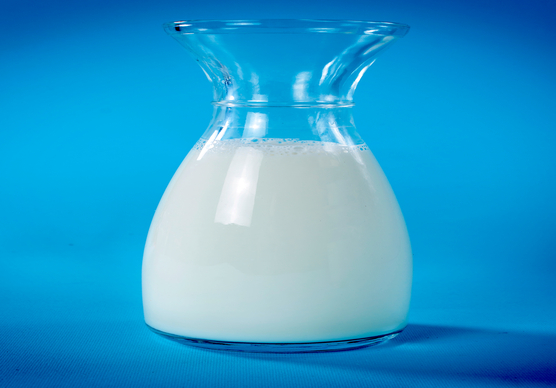The Right Foods Can Improve Performance of Men on a Cargo Ship’s Team
If, at any point in time, some member of a cargo ship’s team must deal with the symptoms of a migraine, the team’s overall level of performance could suffer. Fortunately, experts in ship crew management can work with professionals in the marine catering industry, with an eye to eliminating that potential problem. Their joint efforts ought to focus on shipment of the proper foods to each of the catered vessels. Any food that can serve as a source of either riboflavin or magnesium should be included in each shipment that a maritime catering company wants sent on its way to a designated vessel. Why should ship catering services focus their attention on those foods that allow the meal served to a cargo ship’s crew to become a source of added riboflavin or magnesium? If present in suitable quantities, those two nutrients should help to lower the chances that any team on a catered vessel will have one or more members that complain about recurring migraine headaches.
The beneficial nature of riboflavin Whenever an adequate level of Vitamin B2 (riboflavin) exists in the bloodstream that flows through a man’s circulatory system, then his body should find it possible to produce a sufficient number of red blood cells. At the same time, riboflavin’s presence in the bloodstream aids production of two vital coenzymes, FAD and FMN. Those two coenzymes contribute to creation of energy, maintenance of cellular functions, initiation of expected growth and development, and metabolism of carbohydrates, fats and proteins. The coenzymes FAD and FMN fail to work in riboflavin’s absence. Considering the essential nature of that particular nutrient/vitamin, it stands to reason that the chef employed by a marine catering company should be prepared to identify sources of that same B vitamin (riboflavin). Consequently, a cargo vessel’s crew should find plenty of milk, eggs, meat, fish, nuts and green vegetables on the table at which the same crew members have their meals. Ideally, each seafarer on board a cargo vessel should take in 400 mg of riboflavin per day. That specific amount should prove effective for preventing development of migraines. Some fruits contain the nutrient that plays a significant role in the production of two coenzymes. Significantly, that particular nutrient can be found as well in a select group of carbohydrates, namely enriched grains and quinoa.
The benefits associated with magnesium A familiarity with two of magnesium’s primary functions in the body explains why that same nutrient manages to halt, or at least limit, the number of times that a man might suffer the effects of a migraine headache. The man that has taken in a sufficient amount of magnesium tends to sleep well. By the same token, magnesium’s presence in the bloodstream delivers to the walls of the blood vessels a nutrient that keeps the wall’s tissues stable. Caffeine-rich products, those that behave like a diuretic, can act to decrease the body’s magnesium level. Obviously, professionals in ship crew management would not take on the role of a policeman or parent, and thus ban the use of all such products. Even if they did take that action, magnesium’s level in any one seafaring crew member could be affected by the presence of alcohol or antibiotics. The better course of action for those individuals that were intent on having on-board a given vessel a well-performing crew would call for utilization of magnesium-rich foods. That fact should guide the food choices of experts at a marine catering company. Such a company ought to request that shipments of almonds, peas, sweet corn, broccoli, oatmeal, skimmed milk, cashew nuts, bananas and tofu get sent to the cooks on all the catered vessels.

